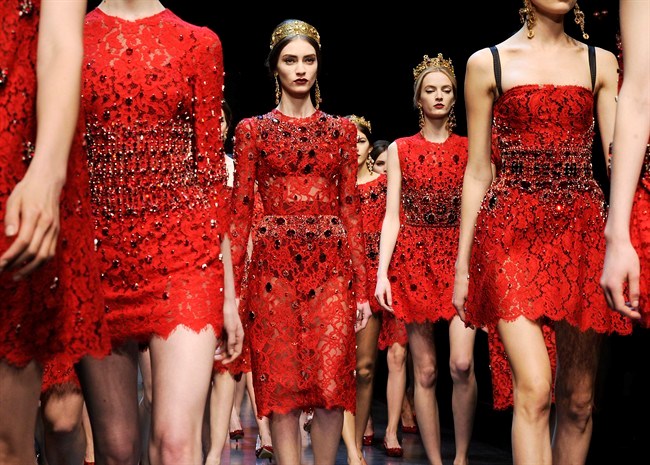“The older you get, the more important it is not to act your age.”
— Anonymous
It called to me, the short, short skirt patterned in bold blotches of black and white. The price was right and the money was in my pocket. I lifted it off the rack, put it back, lifted it off again. My hesitation: Was it age-appropriate? Could I “get away” with wearing something so out there?
When did that demon of a question begin to haunt me? When did I start worrying that others would think me ignorant or — worse — foolish in the way I presented myself to the world? Ultimately, I bought the skirt and I’m glad I did. Scratch that. I’m relieved. Chalk one up for independence of spirit. If you’ll pardon the rude imagery, I gave doubt the finger and it felt liberating.
All this got me thinking about the concept of acting one’s age, however, and — as ever — Google came through with a neat little test.
Just punch in “my mental age” and it’ll pop up. After a series of 20 questions, it purports to determine how old you really are, regardless of what the calendar says. There’s no indication of who’s responsible for the site and it makes no claim to accuracy. I love it anyway. Why? It pegged me at 32 — the perfect age, in my book. That made me old enough to know better, yet still young enough to rock the skirt. Who cares if my body says otherwise? It justified the purchase immediately.
The process wasn’t terribly scientific, I admit, so I went looking further. I quickly learned that academics have identified a divide in some of us between the age we perceive ourselves to be — our so-called cognitive age — and the age we really are. They’ve created a scale to measure cognitive age that consists of four basic factors:
• How old you feel you are;
• How old you think you look;
• What you think your activities say about your age;
• What your interests suggest.
Your cognitive age is the average of the four. For example, I feel 40, I like to think I look 50, my activities put me at 50 but I believe my interests are more like a 35-year-old’s. That makes my cognitive age 43. Maybe I’m pushing things with the skirt after all.
Then again, maybe not. Listen to Frank Szivos on the subject of aging. “You need to stoke the zest for life continuously,” the American journalist writes. “It’s too easy to grow serious, grow sedentary, grow rigid and grow old. Some of us also start falling into the mind trap that we’re old and should act appropriately. Will someone please show me the book that spells out proper behaviour for baby boomers? On second thought, I don’t want to read it.”
At any rate, perceiving myself as younger makes me — big surprise — typical. Most boomers consider themselves to be 16 or 17 years younger than birthdates indicate. Advertisers get this, of course. When targeting those 55-plus, they normally use actors and spokespersons who are fortyish. As well, they like to portray us engaging in healthy, active pursuits such as bicycling. Big Pharma aside, they’ve also learned not to stereotype us as frail, failing and powerless. It’s taken them a long time to figure this out — and not a moment too soon. If I see another ad targeted at a “golden ager” — a euphemism I hate — I think I’ll heave.
But I digress. Research also suggests that the gap between cognitive age and chronological age tends to shorten after something seriously life-changing happens.
“As they progress through their 50s and 60s,” writes Nancy Stevens in the Journal of Advertising, “older adults continue to feel middle-aged or even young. Their cognitive ages are consistent with the lives they are leading until a cataclysmic event occurs. Frequently, a valued social role (e.g., employee, healthy person, husband/wife) is lost. At that point, people are forced to re-examine their self-concepts and may shift to older cognitive ages.”
In the meantime, I’ve got my health. I’ve got my partner. I feel engaged in the world. I skew young. Act my age? Not me. I never was much of a thespian.



